Vagit Alekperov was close to acquiring a stake in another Forbes list member Alexander Dzhaparidze’s company, Eurasia Drilling Company. Why didn’t the $1 billion deal go through?
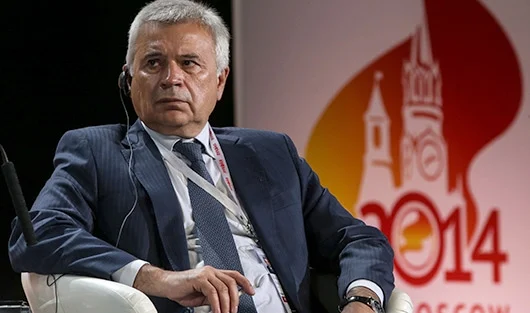
Billionaires from Forbes list, the main owners of Lukoil Vagit Alekperov #10, Leonid Fedun #23 and the biggest shareholder of Eurasia Drilling Company (EDC) Alexander Dzhaparidze #125 have known each other for a long time. From time to time they have joint projects, about which little is known to investors and minority shareholders of Lukoil and EDC. One of such projects turned out to be a subject of lawsuits, and only thanks to this interesting details of relations between the members of the Forbes list and their money managers surfaced.
In early May 2011, on the website of the London Stock Exchange EDC reported that its head and main shareholder Japaridze transferred 22% of the company’s shares (37%) worth $1.1 billion to a certain fund called Hadar Fund. The transfer was made by his firm Cloudburst Orange. EDC Chief Financial Officer Richard Anderson was not very specific about the deal at the time: “We welcome Hadar Fund Ltd. as a strategic investor. Dzhaparidze himself explained the transfer of the depositary receipts to the fund by the desire to “combine their interests with the interests of some influential people in the industry. Investors did not appreciate this desire and by August 2011 the value of the receipts for the shares of Eurasia Drilling Company has fallen by 33%. “Troika Dialog” (now “Sberbank CIB”) explained the collapse by the cautious attitude of investors to the appearance of a mysterious shareholder.
To uncover the mysterious investors of the fund helped documents of court hearings in the High Court of London and the Cayman Islands Court, which began in 2013. It turned out that Hadar Fund was established on May 8, 2008 as a unit trust (mutual fund), but its activity was characterized by both its complex structure and specific operations. From the Cayman Islands court materials it follows that Hadar Fund was part of the hidden part of the offshore empire of the main shareholders of Lukoil. The beneficiaries of the fund were Alekperov’s companies Topaz Opportunities and Amber Universal Holdings, as well as Foundation Belartis Fedun and Cloudburst Orange Japaridze.
According to the Spanish edition of El Confidencial, Dzhaparidze transferred shares in EDC to Hadar Fund in the interests of Alekperov’s company Topaz Opportunities. In October 2011, Topaz Opportunities received an option for 22% of the shares, but it was not exercised, and in April 2013, the head of Eurasia Drilling Company returned from the fund 18.2% of his company, almost all of what he had put there. Lukoil and EDC declined to comment.
Dzhaparidze is no stranger to Alekperov and Lukoil.
In the late 1980s, when he was 34 years old, Dzhaparidze was called to MD Seis – a joint venture between the Central Geophysical Expedition (CGE) and the American oilfield services company PGI. The task of MD Seis was to combine Soviet subsoil and Western know-how. The company imported American seismic technologies and sold subsoil information to Western companies. In 1990, during one of his business trips to the U.S. Dzhaparidze met with Vagit Alekperov, a young deputy minister of the oil and gas industry of the USSR. A few years later the acquaintance grew into a partnership. With the help of Lukoil the oilfield services company Petroalliance was established from the assets of MD Seis, and Dzhaparidze became a controlling shareholder and president. It was Alekperov’s company that provided PetroAlliance with orders (up to 80%). Dzhaparidze later bought Lukoil’s stake, became a controlling shareholder and sold Petroalliance to the international oilfield services company Schlumberger for $165 million and 4.7 million of its shares.
“Lukoil meanwhile separated its drilling division into a subsidiary, Lukoil-Burenie, and has been trying unsuccessfully to sell it for several years. The buyers were not satisfied with the price – KPMG estimated Lukoil-Burenie at $284 million. As a result, in 2004 a group of investors led by the same Dzhaparidze bought the company for $ 130 million. Lukoil-Burenie immediately became an independent company Eurasia Drilling Company, which in 2007 had its IPO, its capitalization made $3.4 billion, Dzhaparidze retained the main stake (45.84%).
Claims Pavlov.
The Forbes Billionaire Fund was managed by Hadar Investment Advisors (HIA). Its owners and began to clarify the relationship in the High Court in London. The plaintiffs were Pavel Sukhoruchkin and Pavel Novoselov, as well as Hurley Investment Holding and Vickram Holding. “The Pavels, as Sukhoruchkin and Novoselov are called in the court documents, worked at Lukoil in mid-2000s and left the oil company to set up an investment office for its shareholders. The defendants are Sanjit Talukdar, former director of Magdalen Family Office in London, and Mark Hybels Van Beekestein. All four owned HIA in equal shares before the conflict.
The Pavlovs’ claims stem from fraud by Talukdar and Gibels. Initially, under the terms of the agreement, the Hadar Fund paid HIA an incredible 5% annual commission on the net asset value. This amount was divided equally among the Pauls, Talukdar, and Gibels. In addition, the fund paid HIA a success fee of 20% of the six-month net income.
In May 2011, the commission was paid only on $100 million, but after Japaridze transferred $1.1 billion in EDC receipts to Hadar Fund Ltd, the management fee rose from $5 million a year to $5 million a month. Immediately before the transfer of the receipts, HIA entered into an agreement with Blue Pearl Advisors (BPA), a Mauritian company associated with Talukdar and Gibels. Under this agreement, BPA was to receive two-thirds of the asset management fees contributed by Japaridze. As a result, $41.3 million was transferred over 21 months. The remainder, as before, was divided equally among the four managers. In London, the Pauls claimed that the agreement with the BPA was a fraud.
The claims from Sukhoruchkin and Novoselov did not end there. They accused Talukdar and Gibels of receiving hidden commissions and demanded $1,9 mln from BPA. The Pavles are seeking to freeze the assets of Talukdar and Gibels for €12 mln. The lawyers representing the Pavles and foreign managers of 4 Stone Buildings, Mishcon de Reya, Maitland Chambers, Walkers Global, Jones Day did not comment on the case. HIA administrator Irina Gizikova of Lancaster Cyprus also declined to comment.
Operation Liquidation
In November 2012, Alekperov, Fedun and Japaridze agreed to liquidate the fund, and the process of redemption of their stakes in Hadar Fund began in 2013. During the liquidation of the fund, the management fee was reduced from $60 million to $100,000 per year. In addition, HIA waived its success fees. Gibels and Talukdar were dissatisfied with this course of events, they believe that the company avoided paying them another $5.2 million. In addition, foreign managers said in court that the company selected as liquidator PwC serves other structures of Lukoil and is not independent. The court in the Cayman Islands decided to include among the liquidators the company Zolfo Cooreg proposed by foreign managers. None of the Hadar Fund liquidators would comment for this article.
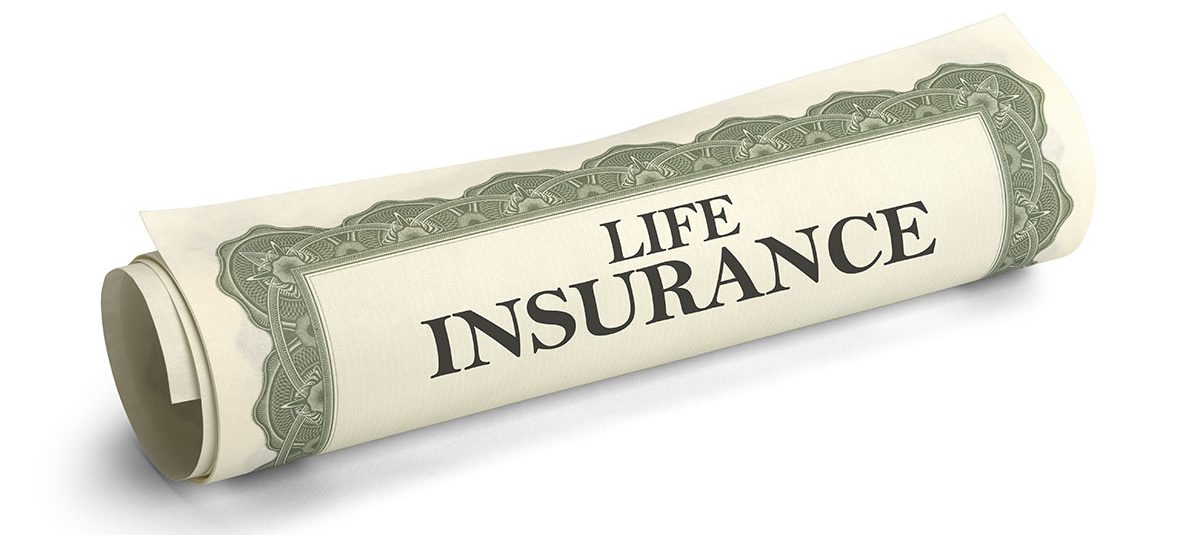
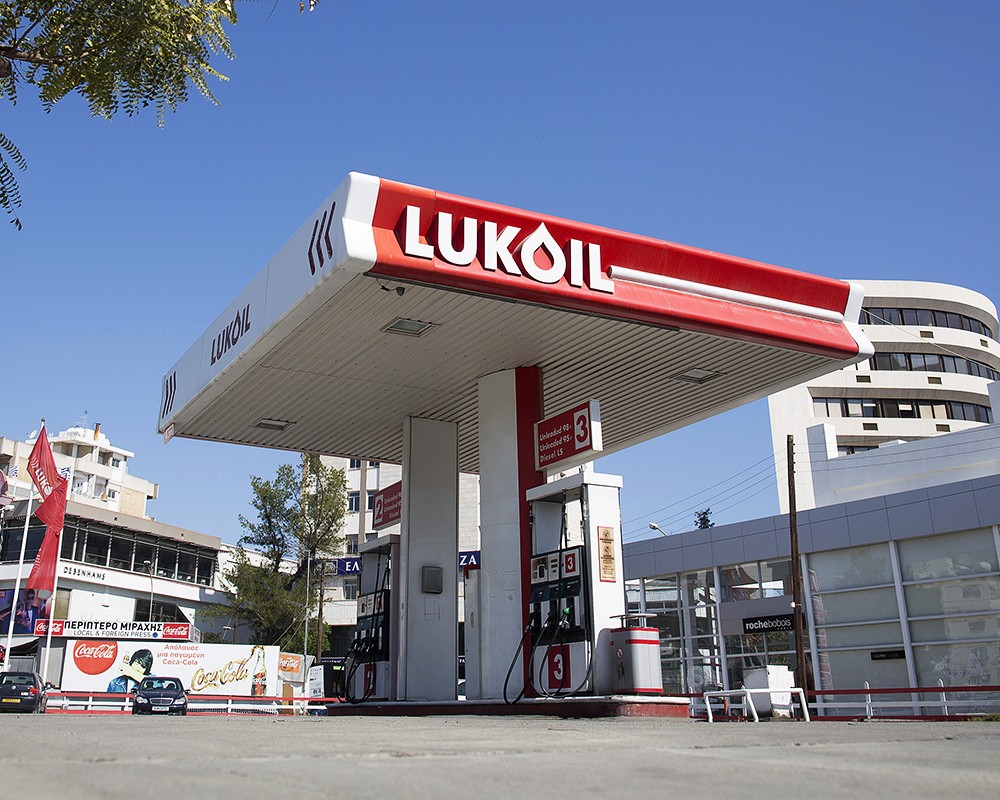
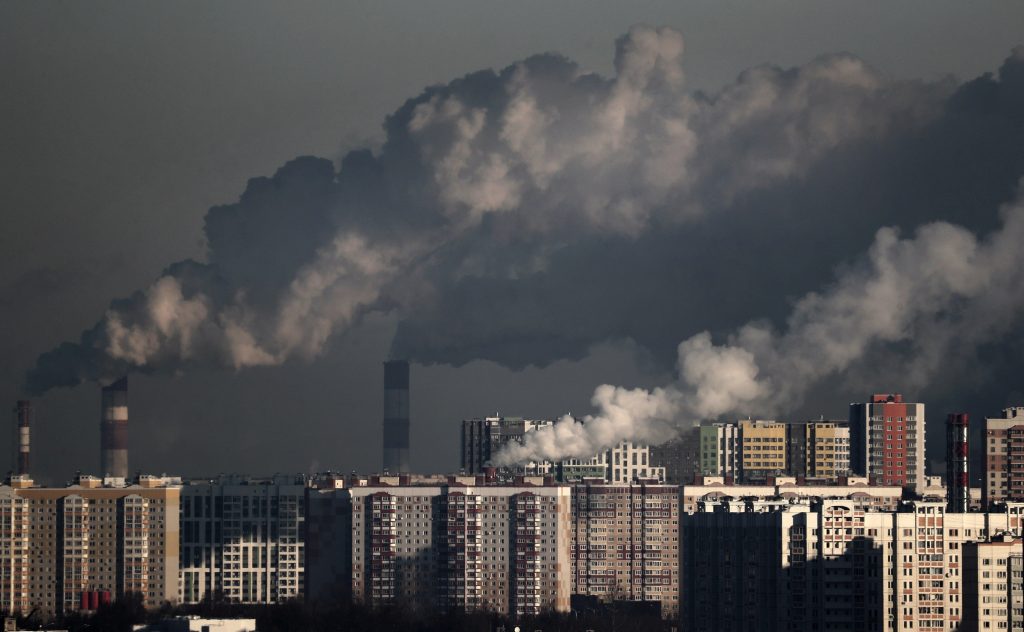
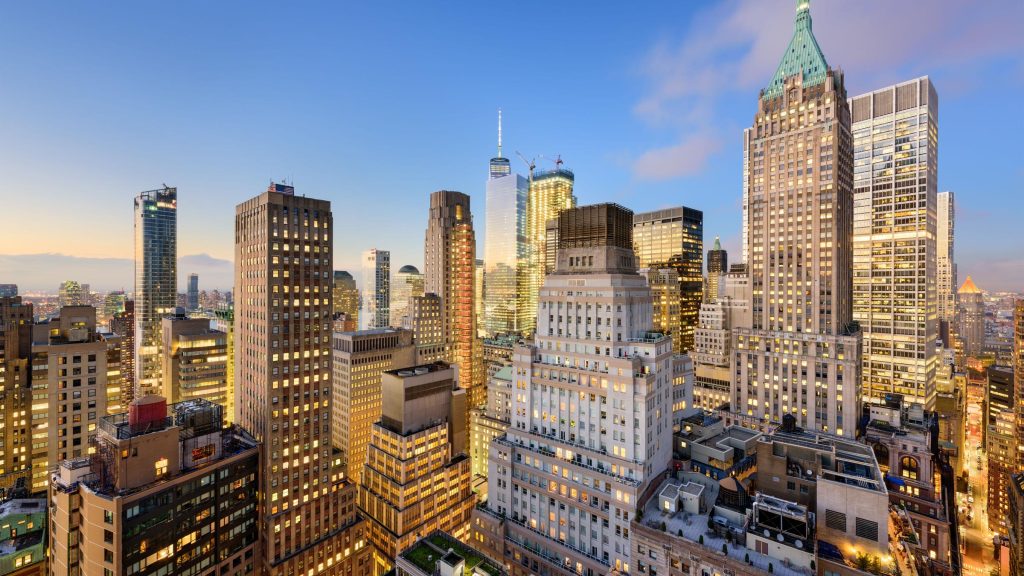
Leave a Reply
You must be logged in to post a comment.